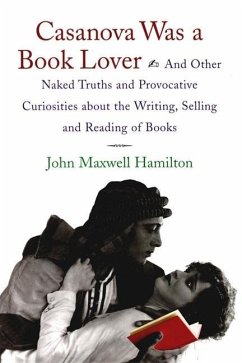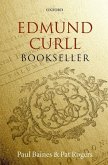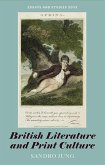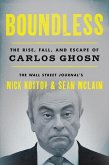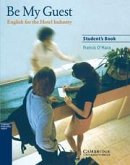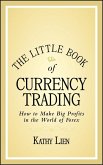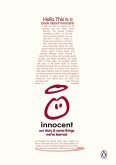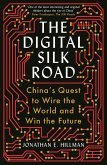Everyone knows which books people buy; they can just look at the best-seller lists. But who knows which books people steal? Who, for that matter, knows that authors ruin the book market by writing too much? Or why book critics are not critical? Or why librarians need to throw out more books? Who, indeed, knows the answer to that all important question in our democracy: should presidents and presidential candidates write books? (The answer is no.) In this irreverent analysis of the book industry, John Maxwell Hamilton -- a longtime journalist and public radio commentator -- answers these questions and many more, proving that the best way to study books is not to take them too seriously. He provides a rich history of the book -- from the days when monks laboriously hand-copied texts to the recent tidal wave of Titanic tie-ins -- and gives a succinct overview of the state of the industry today, including writing, marketing, promoting, reviewing, ghost-writing, and collecting. Throughout, Hamilton peppers his prose with spicy tidbits of information that will fascinate bibliophiles everywhere. For instance, did you know that Walt Whitman was fired from a government job because his boss found Leaves of Grass, and its author, immoral? Or that the most stolen books in the United States are the Bible, followed by The Joy of Sex? How about that Dan Quayle's 1989 Christmas card read "May our nation continue to be a beakon of hope to the world?" Or that Casanova was an ardent lover of books as well as women? Hamilton offers an inside look at the history and business of book reviewing, explaining why, more often than not, reviewers resemble "counselors at a self-esteem camp" and examining theenormous impact of the "Oprah effect" on the market. As the self-appointed Emily Post of the book world, he advises publishers, authors, and readers on proper etiquette for everything from book parties ("Feel free to build a party around a theme in a book, no matter how tacky") and jacket photos ("You should not show off your new baby unless [your] book [is] about raising kids"), to book signings ("Just because an author has given you an autograph does not mean they want to become your pen pal") and promotion by friends and relatives ("They should carry the book at all times on public transportation with the cover showing"). Both edifying and enjoyable, Casanova Was a Book Lover fills a Grand Canyon -- sized void in the literature on literature. It is indispensable for book enthusiasts who want to know the naked truth about reading, writing, and publishing.
Hinweis: Dieser Artikel kann nur an eine deutsche Lieferadresse ausgeliefert werden.
Hinweis: Dieser Artikel kann nur an eine deutsche Lieferadresse ausgeliefert werden.

